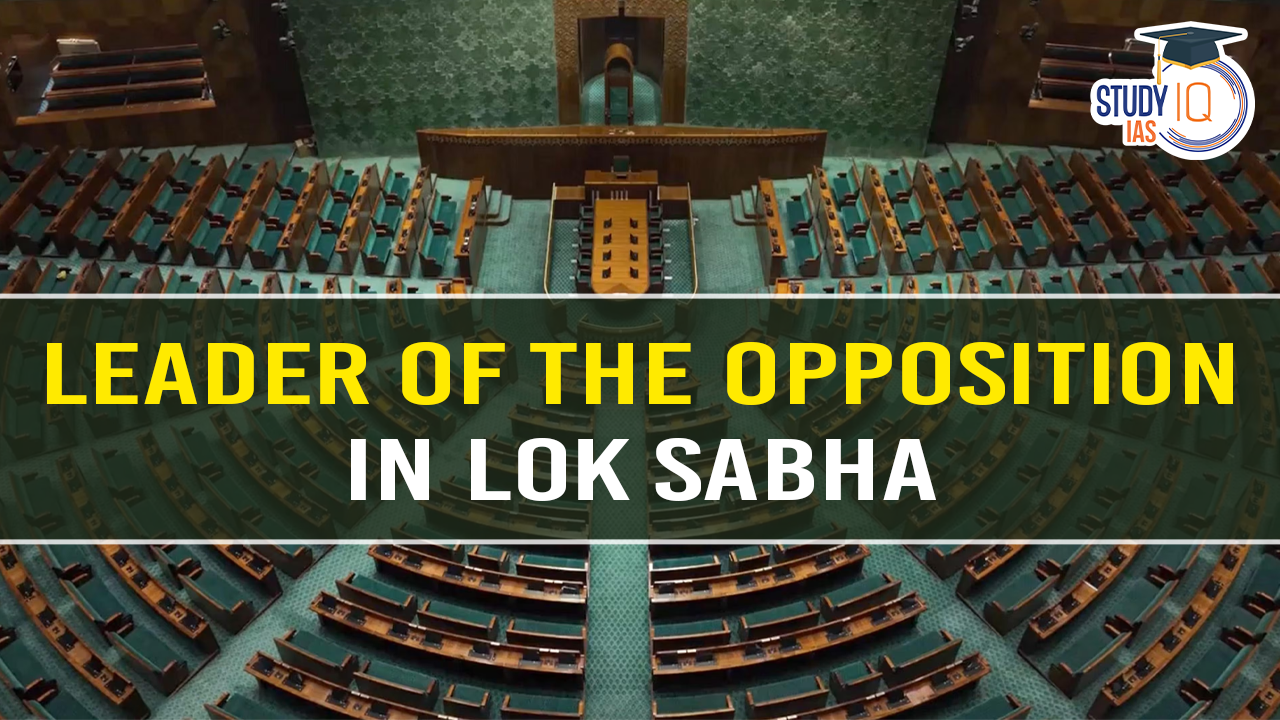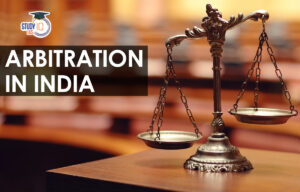Table of Contents
Context: Rahul Gandhi will be the Leader of Opposition in Lok Sabha. This will be the first time in 10 years that the Lok Sabha will have a Leader of Opposition.
Leader of Opposition in Lok Sabha
The Leader of the Opposition in Lok Sabha leads the largest non-governmental party, representing opposition viewpoints. Historically significant, the role ensures diverse perspectives in parliamentary debates and holds the government accountable. Not a constitutional post, its recognition began in 1969, solidified by the 1977 Act. Currently, Rahul Gandhi holds the position. The upcoming 18th Lok Sabha marks a resurgence of this role after a ten-year absence, alongside potential election hopes for a deputy speaker.
Important Facts about Leader of Opposition
- The leader of the largest opposition party with at least one-tenth of the total strength of the Lok Sabha is recognized as the Leader of the Opposition.
- The LOP is a member of crucial committees such as Public Accounts (Chairman), Public Undertakings, Estimates, and several Joint Parliamentary Committees.
- The LOP is a member of various selection committees responsible for appointing heads of statutory bodies like the Central Vigilance Commission, Central Information Commission, CBI, NHRC, and Lokpal.
- The LOP provides constructive criticism of government policies and offers an alternative government.
- The position was accorded statutory recognition under the Salaries and Allowances of Leader of Opposition in Parliament Act, 1977.
- The LOP is entitled to salary, allowances, and other facilities equivalent to that of a cabinet minister.
- The office of the Leader of the Opposition is not mentioned in the Constitution.
Historical Significance of the Leader of the Opposition
The position of the Leader of the Opposition in Lok Sabha holds historical importance, with its roots tracing back to 1969 when Ram Subhag Singh was first recognized as the LoP. The formal recognition of this role was established by “The Salary and Allowances of Leaders of Opposition in Parliament Act, 1977.” This act defines the term ‘Leader of the Opposition’ and outlines the process for its recognition.
Key Historical Milestones
- 1969: Ram Subhag Singh becomes the first officially recognized Leader of the Opposition.
- 1977: The Salary and Allowances of Leaders of Opposition in Parliament Act is enacted, providing formal recognition and benefits for the LoP.
- 1980-1989 and 2014-2024: Periods without an LoP due to the absence of a qualifying opposition party.


 Arbitration in India, Types, Benefits, R...
Arbitration in India, Types, Benefits, R...
 UDAN Scheme, Objectives, Funding and Ach...
UDAN Scheme, Objectives, Funding and Ach...
 Revised Detention Policy Implemented by ...
Revised Detention Policy Implemented by ...





















